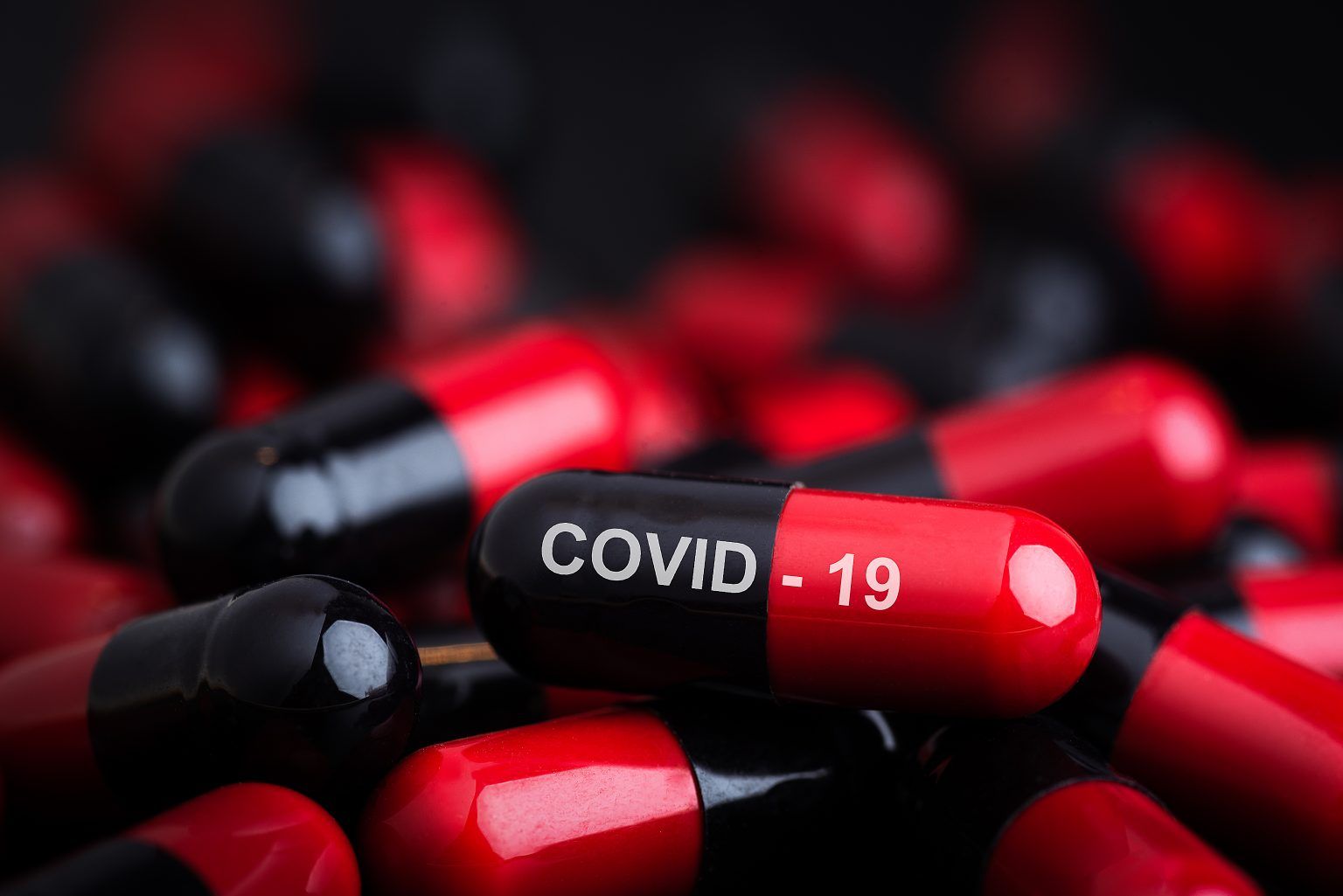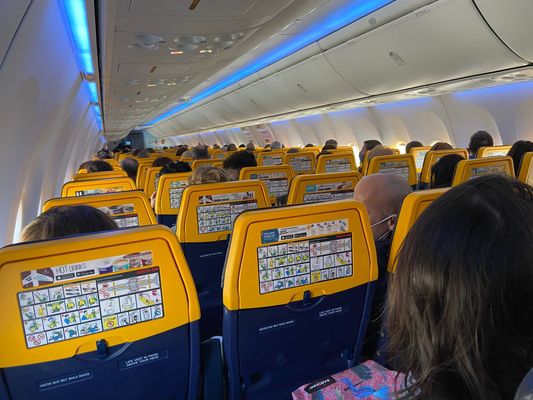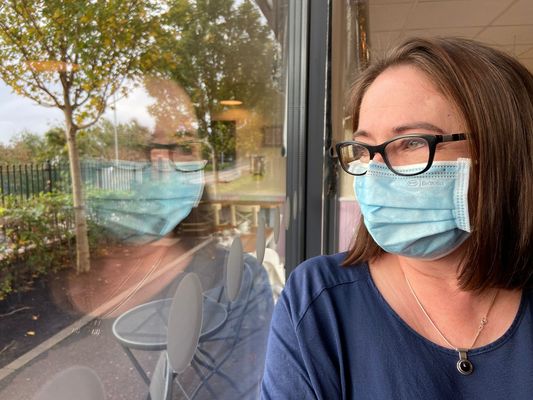THE pharmaceutical companies Pfizer and Merck have generated excitement with the news that they have pills that could help keep people out of hospital if they catch Coronavirus.
Pfizer says its pill, which it proposes to sell under the brand name Paxlovid, reduced the risk of death or hospitalisation by 89 per cent in people who got it within three days of symptoms starting. Merck says that its capsule, Molnupiravir, reduced the risk by about 50 per cent.
Neither is a cure, and they don’t work like antibiotics do against bacterial infections. However, these easy-to-take antivirals can be important additions to hospital-based treatments such as monoclonal antibodies, the antiviral remdesivir given by drip and immune system modulators.
Vaccines are prevention but these antivirals are early treatment. Neither one is a substitute for the other and having two possible treatments adds a lot. They make the future a lot more promising because these antivirals represent more evidence that we can tame this virus.
If someone gets sick with Covid-19 the options for them include quick treatment with monoclonal antibodies to boost the immune response – but these must be infused (via drip) by professionals, if they do not work patients might get infusions of the antiviral remdesivir, which can reduce the length of time someone is ill but doesn’t lower the risk of death.
Patients are also likely to get blood thinners to stop the out-of-control blooding-clotting which killed many patients early in the pandemic, as well as steroids and other immune modulating drugs to control inflammation.
There has been nothing specifically to attack the virus but these anti-viral pills are designed to do that – each by stopping different stages of its replication.
With the prospect of reducing hospitalisations, these drugs might throw a live line to hospitals like Craigavon which have been operating at full capacity as Covid-19 patients have doubled in two weeks. Despite this the Department of Health has said there are “currently no plans for a mandatory vaccination programme” for frontline staff but a public consultation is to be launched to determine whether new employees will require to be vaccinated.
A further seven Covid-19-related deaths (one aged between 20 and 39) have been recorded and another 1,228 cases of Covid-19 recorded. The total number of deaths is now 2,769. A total of 285,459 people have tested positive. Some 46 deaths have been recorded from the virus in the past seven days, a decrease of three on the week before.
There are 395 Covid-19 in patients in hospitals with a bed occupancy of 107 per cent. 39 are in intensive care down five from Monday. The Health Minister says he is “disappointed” with the present uptake of booster jabs. Northern Ireland has the lowest uptake of the Coronavirus vaccine with just 66.3 per cent of the population fully vaccinated with the Republic at 75.3 per cent. Northern Ireland had the highest proportion of deaths in the week ending October 29, with 50 deaths or 15.6 per cent.







